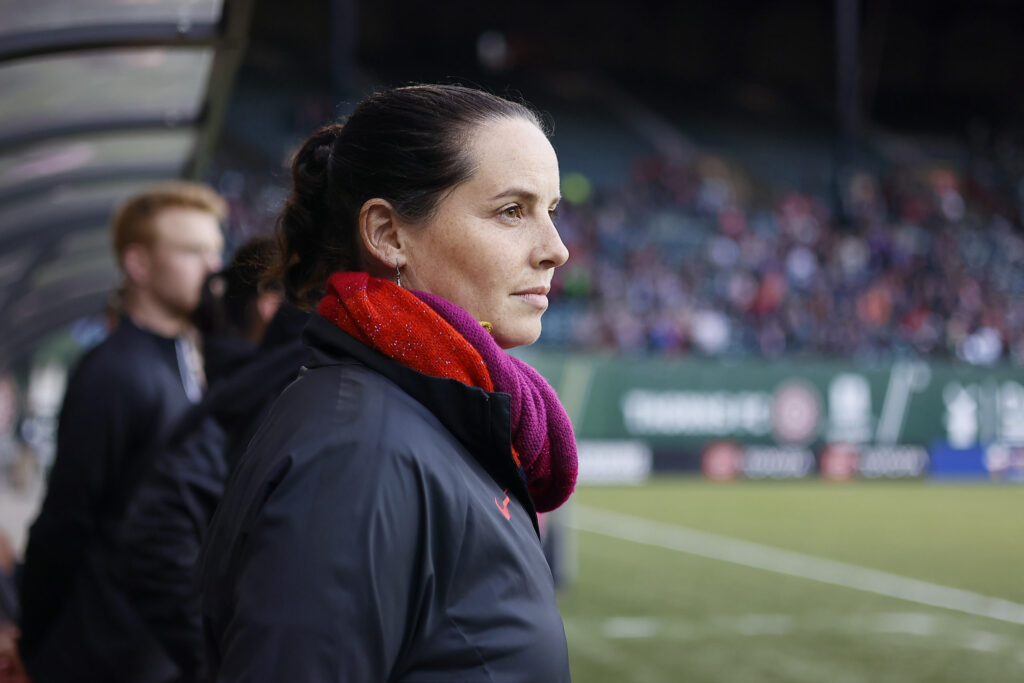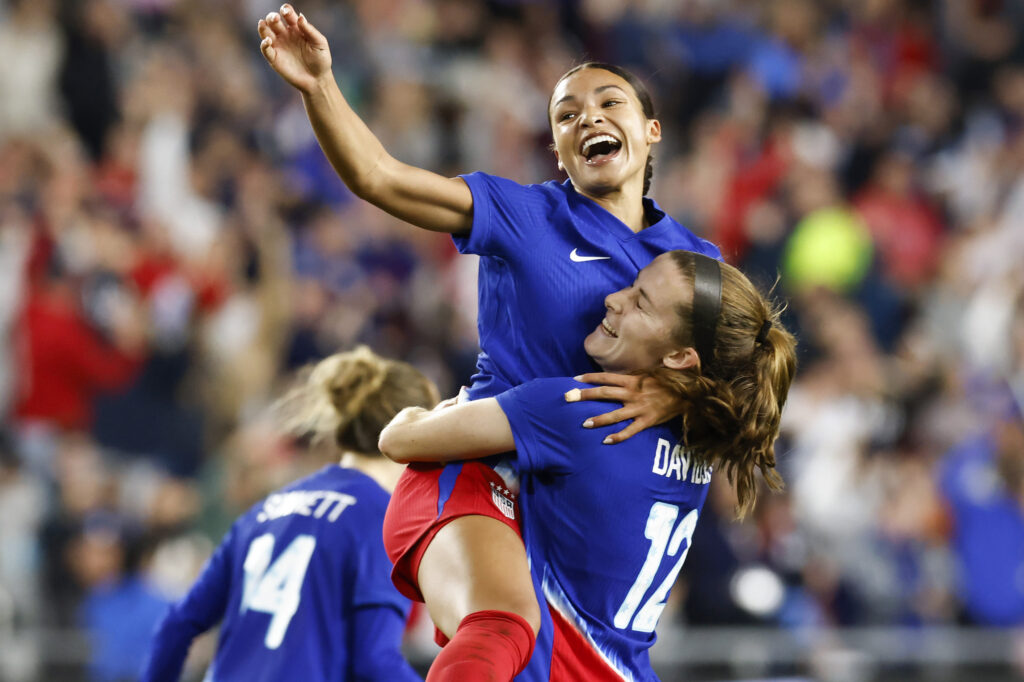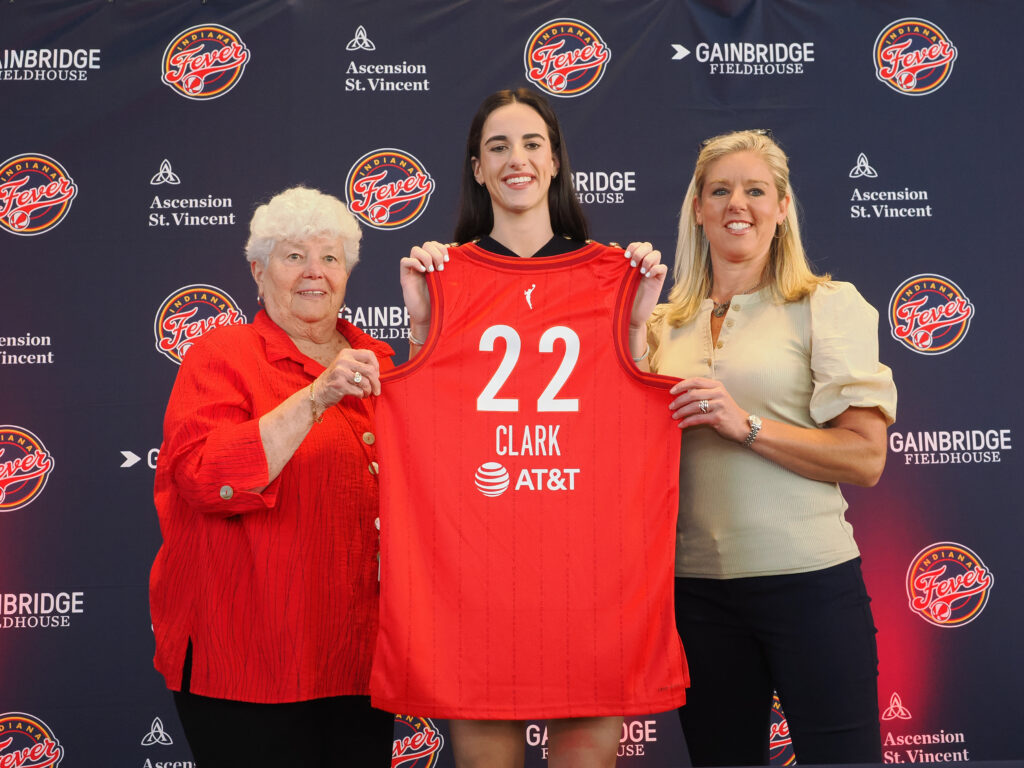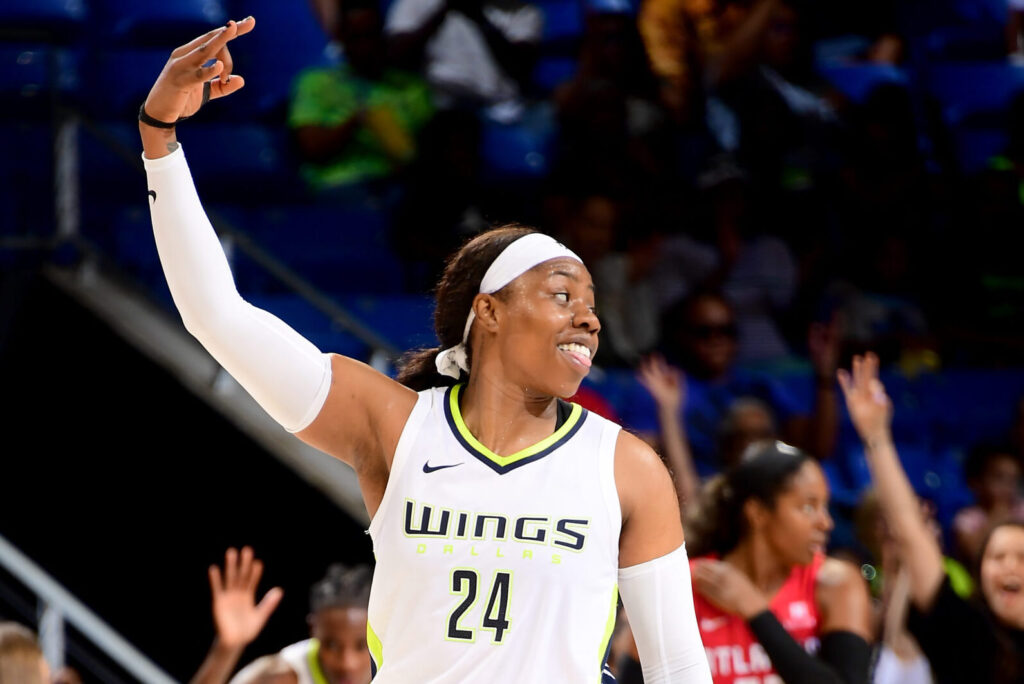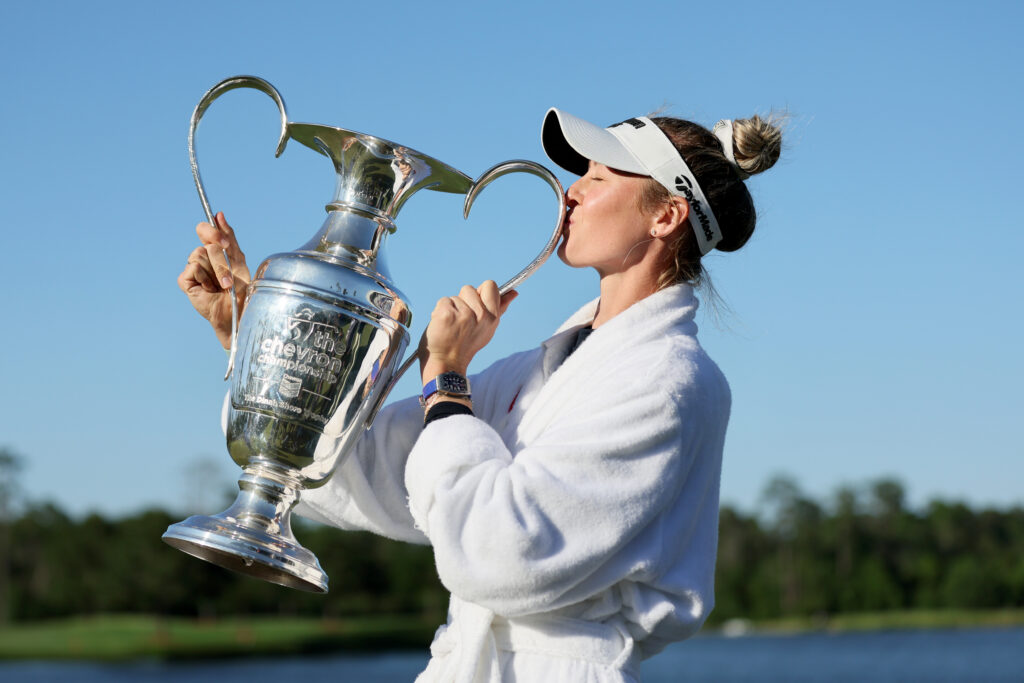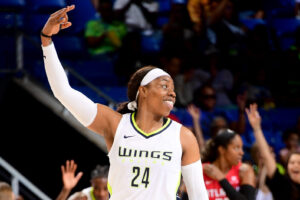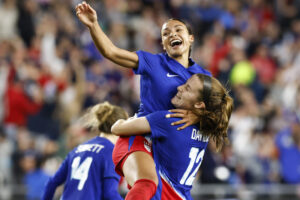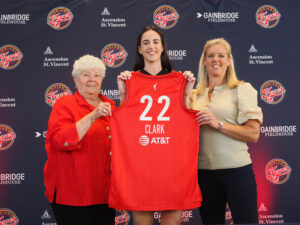Portland Thorns players felt “unsettled and unsafe” after voicing their concerns over coach Rhian Wilkinson’s relationship with one of their teammates, The Athletic reported Friday.
Wilkinson, 40, resigned Friday just weeks after the Thorns won the NWSL championship, the team announced Friday.
The coach had exchanged a series of messages with Thorns defender Emily Menges in October, in which the two expressed their feelings for one another, though they did not act on those feelings, she told The Athletic. Wilkinson self-reported the messages to human resources, and the NWSL and NWSLPA conducted an investigation but cleared the coach of any wrongdoing.
Still, Wilkinson decided to resign, saying she had “lost the confidence of the team as a whole.”
After the conclusion of the investigation, a group of unnamed players sent a letter to NWSL commissioner Jessica Berman and NWSL chief legal officer Bill Ordower on Nov. 20 in which they expressed their continued concern regarding the relationship between Wilkinson and Menges, The Athletic reported.
The players had met with interim Thorns CEO Heather Davis to discuss the situation, but they were left “feeling unsettled and unsafe,” they wrote in the letter, which was seen by The Athletic.
“As you know, there are several potential power imbalances that are created when a coach fraternizes with a player, not only due to the impact of the relationship on the player’s professional status, but also because of the potential age difference between coach and player, as well as the coach’s status as an authority figure,” the letter states. “And, we also know that these power imbalances exist regardless of gender or sexual orientation.”
The players questioned the thoroughness of the investigation, writing that they do not believe all the facts “were sufficiently gathered by the investigators.”
“For example, in our meetings with LeBlanc and Davis we were led to believe that there was no relationship to speak of and that any further contact between the parties would be entirely professional,” they continued. “However, based on subsequent conversations with the player involved that does not appear to be true.”
They also voiced worries over potential retaliation from Wilkinson if she remained in her role as coach. An ethical standard had been breached, they wrote, and trust in the locker room was “irrevocably broken.”
Wilkinson had intended to stay with the club with “no threat of retaliation,” she told The Athletic, though she did tell staff members they were free to look for jobs elsewhere if they felt they could no longer work with her. But in the end, she decided to resign despite being cleared of wrongdoing.
Menges, though, pushed back at the questioning of the investigation. The 30-year-old defender is on the board of the NWSLPA and has been a large part of the ongoing investigations into systemic abuse in the league.
“I’m very conscious of the fact that I’ve been involved in conversations in Portland where we’re trying to decide as players what stance we should take on certain things,” she said. “We’re pretty much basing our decisions on investigation reports. So if all of a sudden we’re not believing investigations, then where does that leave us for all the decisions we’ve made in the past about people’s lives and careers?”
One Thorns player told The Athletic that neither Wilkinson nor Menges initially wanted to self-report. Instead, they were “confronted and then they reported.” Wilkinson, however, told The Athletic that she nearly went to HR twice before she finally did.
The investigation found no evidence of potential power imbalances or coercion. Wilkinson told The Athletic that power imbalances should “always be the concern” and that players should be protected at all costs.
“It’s been a painful time,” she said. “The players have been through so much in two years, and I do feel like this is a huge consequence of the trauma that has been happening and the reaction. These players have had to clean up the league and they feel responsible for it, and I do get that part.”
But as more former players join the league as coaches, more issues could arise, Wilkinson said.
“If you want former players coaching in this league, which we do want, friendships don’t end as soon as you become a coach, they continue. My best friends are in this league. They’re in soccer, and I do my best to be professional,” Wilkinson said. “It’s not a clean line and it won’t ever be.”
